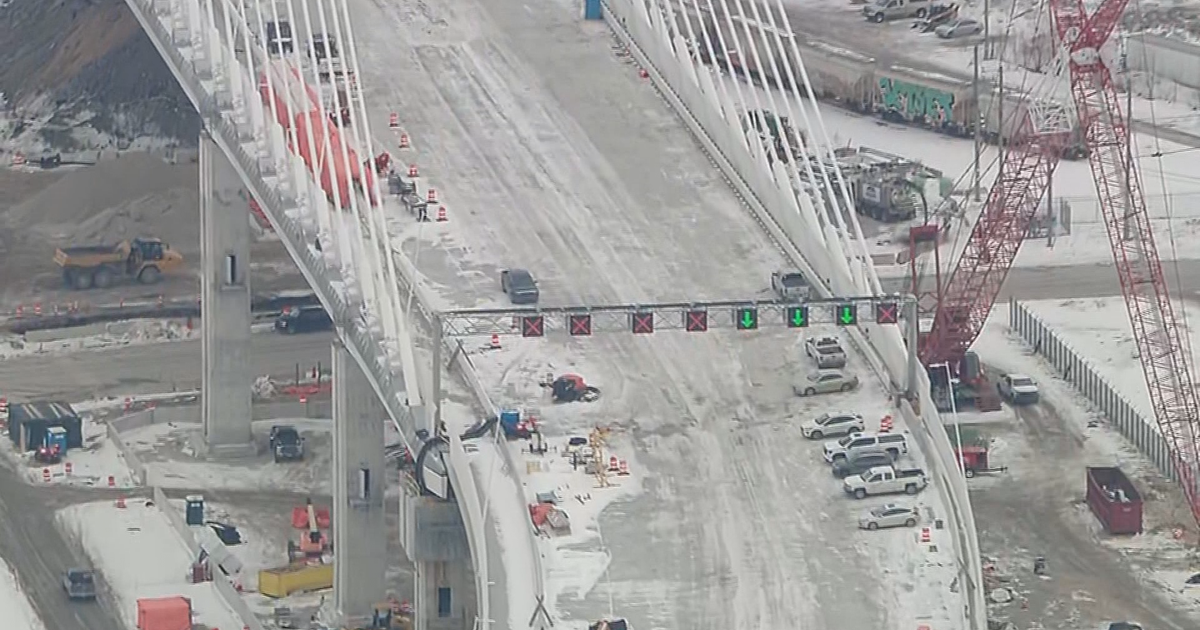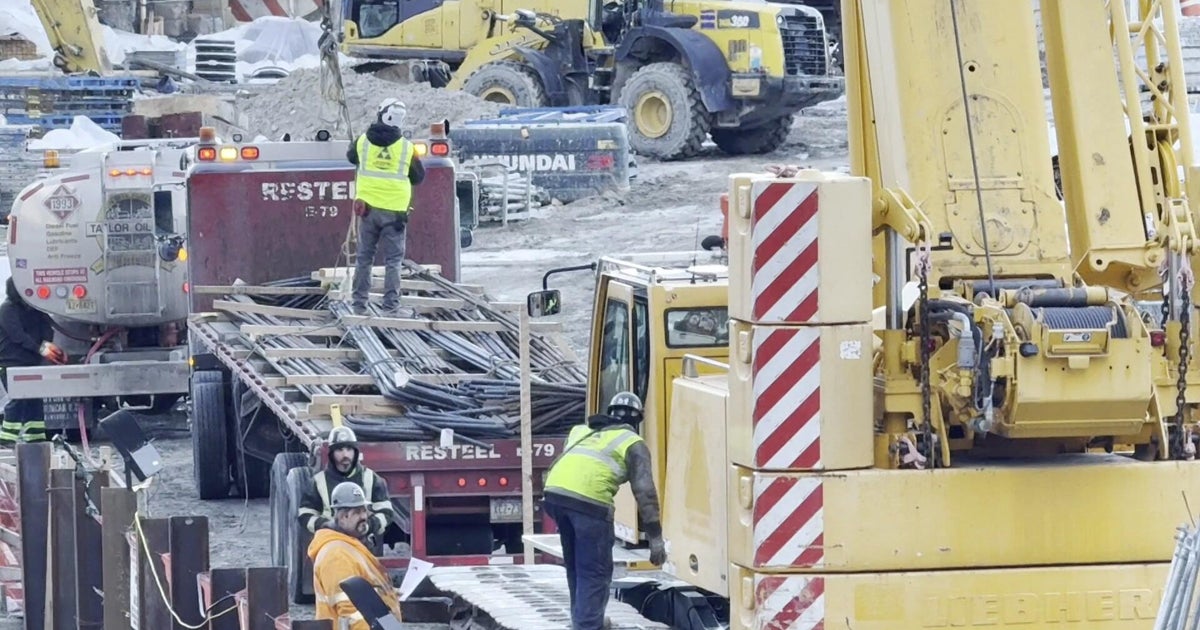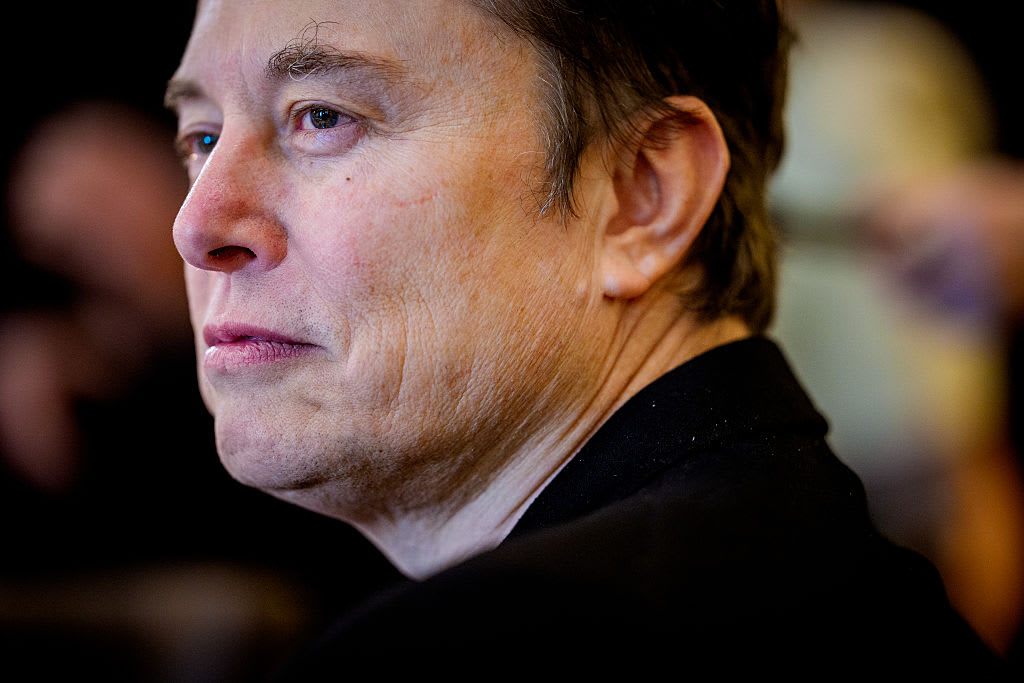Paycheck Protection Program replenished, but still plenty of loopholes
The Trump administration has closed several gaping loopholes in a coronavirus relief program for small businesses that let hundreds of larger companies stake claims on the federal loans. Yet gaps remain, heightening concerns that Main Street could be shut out even in this second round of relief.
Demand for the forgivable, low-interest loans through the Paycheck Protection Program remains intense, especially once the money started flowing again on Monday after Congress injected another $310 billion in funding. But bigger players, including publicly traded companies, can still access the PPP funds. Examples include:
- Hotels and restaurant chains — no matter their size — remain eligible for PPP loans. That's even after public scrutiny drove a number of prominent restaurant chains, including the owners of Ruth's Chris Steak House and Shake Shack, to return their loans of $20 million and $10 million, respectively. By contrast, hotel management chain Ashford has declined to return nearly $60 million it has already received through the program.
- Manufacturers that have offshored production in recent years also remain eligible for the program. That's because PPP loans are based on the number of employees a company has the U.S., not businesses' larger global workforces.
- Many industries still qualify for special exemptions from the program's requirement that employers have no more than 500 workers. For example, kombucha bottler New Age Beverages, which has nearly 1,000 employees, got a nearly $7 million loan in the first round of PPP funding. Notably, it would still be eligible for the program because a loophole states soft drink makers can have as many as 1,250 employees and still qualify for a loan.
Some loopholes closed
The government issued guidance last week that stitched up some of the loopholes that larger companies used to obtain small business aid under the Paycheck Protection Program. The biggest change had to do with publicly traded companies.
According to an analysis of public documents by CBS News, 230 public companies borrowed a total of nearly $800 million from the nearly $350 billion first round of PPP funding. On Thursday, the Treasury Department discouraged additional public companies from seeking the loans and encouraged some companies that had already gotten loans to return them.
As of Monday, 17 public companies had announced they were giving back nearly $115 million in PPP loans, according to the CBS News analysis. The Los Angeles Lakers of the NBA also said it would return its nearly $5 million PPP loan.
The Treasury Department said PPP loan borrowers must certify that they can't get money elsewhere. That standard applies retroactively to any organization that has received funds.
"It is unlikely that a public company with substantial market value and access to capital markets will be able to make the required certification in good faith," the Treasury's latest guidance states.
Another significant loophole the government closed relates to hedge funds and private equity firms. The original PPP loan legislation made it clear that banks and other financial firms, including investment companies, were barred from tapping the program.
Still, some hedge funds reportedly asked banks if they were eligible for the program. On Friday, the Small Business Administration clarified that the money managers to rich individuals and institutions, as well as private equity firms, are ineligible for the PPP.
Despite these moves to preserve PPP funds for small businesses, loopholes remain.
"We're frustrated," said Jeff Hauser, a government watchdog who is the founder and head of the Revolving Door Project. "We remain unconvinced that PPP operating through the SBA [and] Treasury is a better fit than operating through the IRS and invoking something along the lines of what [other countries] have been doing."
PPP vacancies still available for hotels
The Treasury Department has left the biggest loophole wide open. Hotel and restaurant chains, no matter how big they are cumulatively, remain eligible for PPP loans for their individual locations with fewer than 500 workers. The justification is that the hospitality industry has been particularly damaged by the coronavirus's impact on the economy.
That's true: Vacancy rates of around 90% have been common at hotels around the country since the coronavirus shutdown. But the public backlash has caused some hotel and restaurant chains to return their PPP loans. Not all, however: The Red Lion Hotel chain received $4.3 million in small business aid. It has 1,000 locations, most of them operating as franchises.
Over the weekend, CBS MoneyWatch reported that Monty Bennett, whose Ashford hotel management chain and related entities oversee 130 hotel properties, planned to not only keep the more than $60 million he had already received from the small business program, but was continuing to pursue another $66 million in PPP loans in the second tranche.
Bennett said his company basically has no income, would be shut out of a separate Federal Reserve assistance program for other businesses its size, and that it would have trouble borrowing elsewhere.
Welcome, offshorers
President Donald Trump has repeatedly berated companies that moved U.S. manufacturing jobs to other countries. But the Paycheck Protection Program actually makes it easier for some companies that have moved jobs overseas to get aid. And they are not always small companies.
Culp, the largest domestic manufacturer of fabric for mattresses and other furniture, has nearly 1,500 employees. That would appear to size the company out of Paycheck Protection Program funds, yet the company landed a $7.6 million loan. The loophole: Many of Culp's employees are no longer in the U.S.
Two decades ago, the High Point, North Carolina-based company made nearly all of its products in the U.S. But since the late 1990s, it has moved much of its production overseas. Culp now has manufacturing facilities in Vietnam and Haiti.
The PPP only counts a company's U.S. employees when considering eligibility, which is what appears to have made Culp eligible for the program. In its latest financial filing, the company said only about a third of its 500 employees in its upholstery division are in the U.S. The rest are in China. The company doesn't disclose its overall U.S.-based workforce and Culp did not return CBS MoneyWatch's request for comment.
Companies may only apply for a loan to cover the salaries of their U.S. employees. But Culp got close to the $10 million maximum most borrowers are eligible to receive. The company announced worker furloughs on April 3, the same day the PPP loan program began accepting applications, but did not say how many employees were impacted.
Some industries get a pass
The program is generally available to companies with 500 or fewer employees. But a number of industries got exceptions to that ceiling. Ammunition manufacturers, for instance, can have as many as 1,500 U.S. workers and still qualify for PPP funding.
Such exceptions are allowed under normal SBA loan eligibility rules, which were adopted long before the Paycheck Program Protection's launch. It's not clear why the exceptions exist, but at least some are incorporated in SBA rules to promote industries, like manufacturing, that had been shrinking in the U.S.
Other industries have exceptions that are less obvious, such as soft drink bottlers like the kombucha seller New Age Beverages. The include:
- Companies that specialize in chartering private jets are allowed to have as many as 1,500 employees and still qualify for a PPP loan.
- Used car dealers have no employee limit so long as they don't exceed $27 million in annual sales. (It's not clear if this loophole helped AutoNation, with 350 dealerships and a total of $21 billion in total sales, receive nearly $80 million in PPP loans before the Fortune 500 company returned the money last week.)
- Even the yacht business gets a loophole: Boat dealers may have as much as $35 million in annual sales and still qualify for the PPP program.
Additional reporting by CBS News' Megan Towey.



